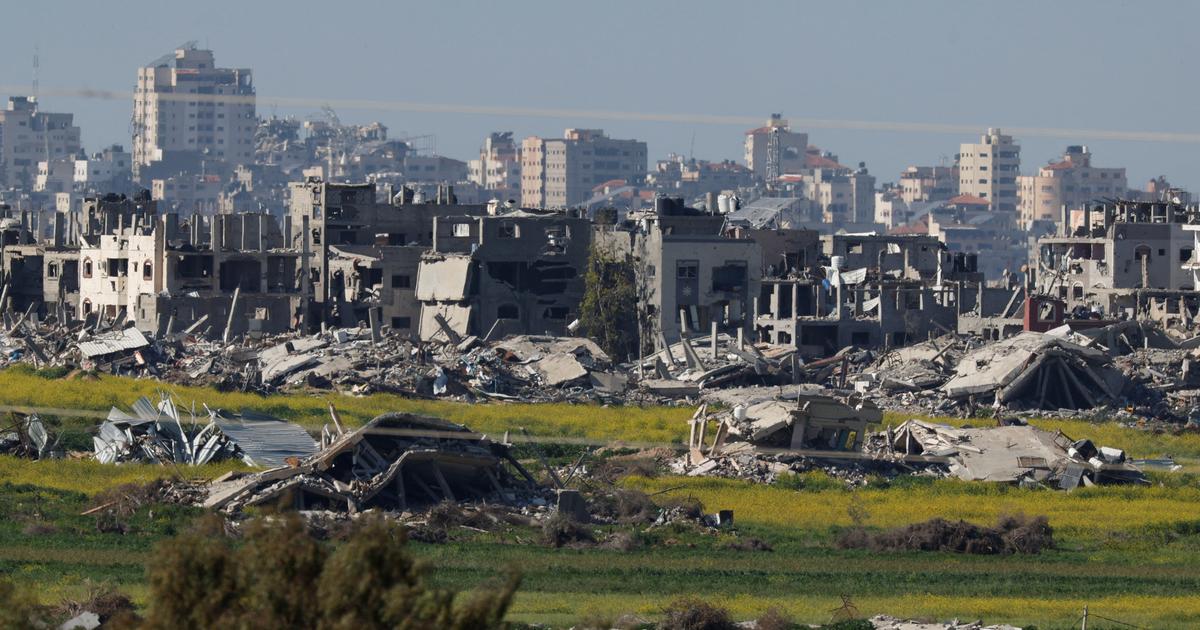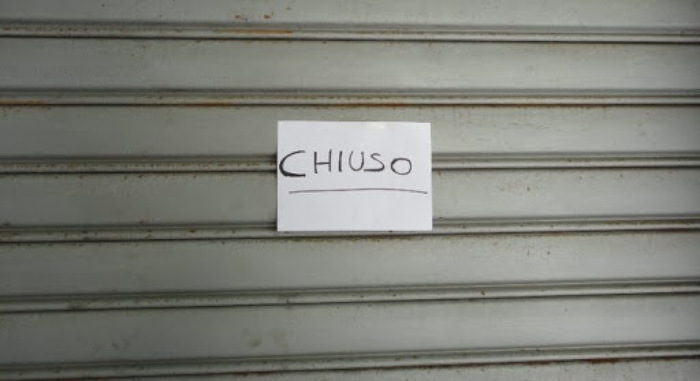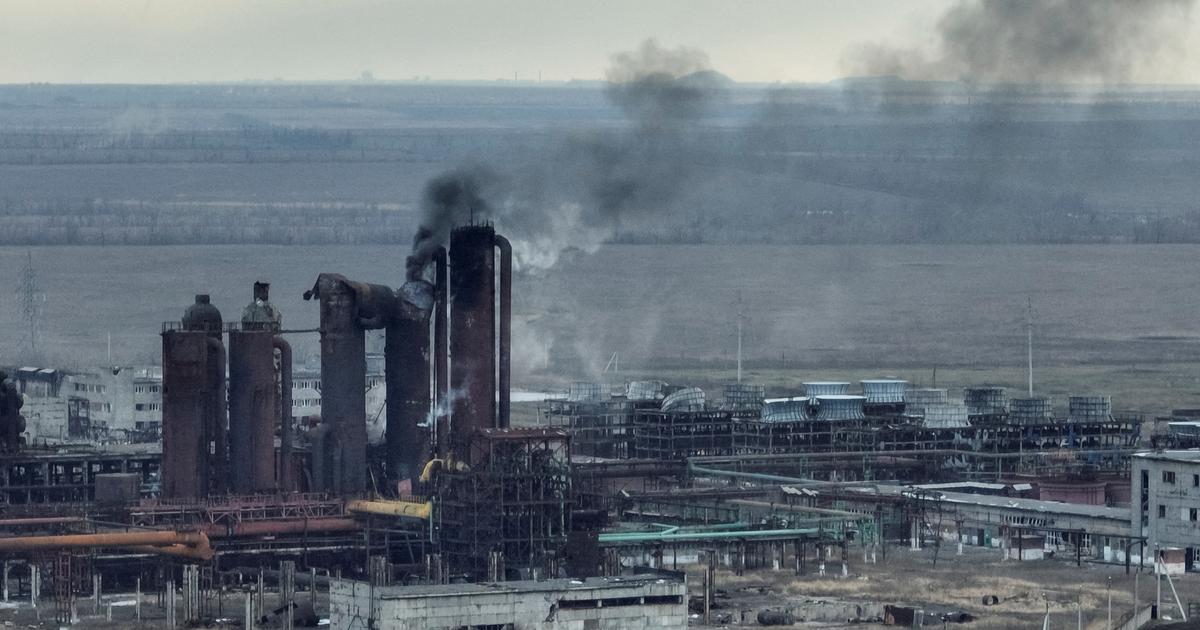Icon: enlarge
Garzweiler opencast mine
Photo:
SASCHA STEINBACH / EPA
Five villages in the Rhenish Revier could be relocated even if the coal is no longer needed among them.
This is suggested by the first version of an opinion from November 2019, which the consulting firm BET was responsible for preparing on behalf of the Federal Ministry of Economics.
According to a scenario in the study draft, the villages of Keyenberg, Kuckum, Ober- and Unterwestrich and Berverath would also be completely dredged if the Garzweiler II open-cast mine was reduced in size and it no longer came close to the villages.
RWE could then continue to use the topsoil under the villages to refill the coal mine and restore part of the A61 motorway, the authors write.
The experts assumed that the government would implement the recommendations of the expert commission to phase out coal;
around a third of the lignite in Garzweiler II could then remain underground, they write.
However, the government decided to phase out more slowly in 2020, which is why Garzweiler II, as of today, is to be completely excavated.
The new, more stringent EU climate targets could change the situation again: the member states want to reduce the Union's CO₂ emissions by 55 percent by 2030, and the EU Parliament by 60 percent.
As a result, the expansion of renewable energies should accelerate in Germany as well.
The share of coal electricity should then decrease.
At the same time, the prices for CO2 certificates in the energy sector have risen - which also makes the operation of coal-fired power plants less profitable.
"The original report contains political explosives"
The final version of the BET study was published in December 2020, without the passage on topsoil under the villages.
The environmental organization Greenpeace obtained the release of the earlier version in court.
"The original report contains political explosives," says Karsten Smid, climate expert at Greenpeace.
The Ministry of Economic Affairs, however, writes that it is not customary to submit and publish reports in different working versions.
Only the last, approved version from December 2020 is decisive.
RWE announced that the extraction of lignite in the villages was "necessary for the energy industry".
According to current law, the villages are "in the area of the mining field where the coal has to be extracted in order to be able to ensure the operation of the power plants."
In fact, the scenario from the earlier version of the BET study is not over yet.
It is currently planned that the five villages will completely give way to the Garzweiler II open-cast lignite mine by 2028.
Some of the residents have already been relocated.
Of the around 1500 people who once lived in the villages, a good 700 are still left.
Should the output for lignite continue to decrease, the question arises again of what will become of the villages.
If people were ultimately relocated just to fill a hole, this would provoke violent protests.
This scenario does not seem politically viable.
The question is how the federal and state governments are already dealing with this question.
The state government of North Rhine-Westphalia wants to present its key decision on future coal production in the coming week.
In a first draft, the full use of Garzweiler II is planned.
Study in the "poison cabinet"?
The final version of the BET report had already caused trouble.
It also says that the villages could be preserved if the production in Garzweiler II is reduced by a third.
The Ministry of Economic Affairs postponed the publication of the BET report several times.
Previously, its existence had not even been mentioned in responses from the government to inquiries from Green MP Oliver Krischer.
State Secretary for Energy Andreas Feicht later apologized for this;
it was an "office mistake".
The ministry had received the BET report well before the coal phase-out law was drafted.
If it had become known at the time, it would probably have shaped the public debate surrounding the legislative process.
The relocation of the five villages would then have come more into focus.
Accordingly, the report "went into the poison cabinet," an ex-member of the coal commission told SPIEGEL in December.
According to the Ministry of Economic Affairs, the BET report was taken into account in the coal compromise, but was not solely decisive for it.
Since the reviewers were not allowed to use company data, the study was only usable to a limited extent, it is said.
It is unclear why the relevant data were not provided to BET.
Icon: The mirror














